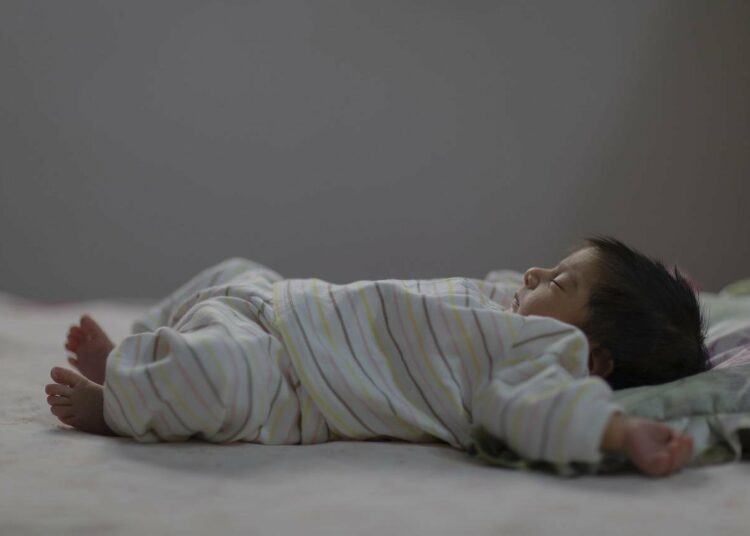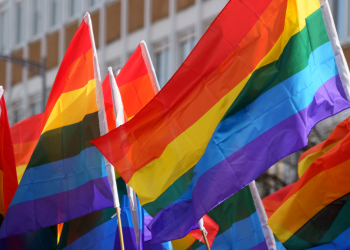It appears that, for the time being, there is no resolution in Japan to the issue that pits a number of same-sex couples who are clamoring to “get married” against the country’s government and judicial authorities who, at the very least, are wavering. After two court rulings to the contrary, the would-be “spouses” will now appeal to a higher court.
Back in 2020, then Japanese Prime Minister Shinzō Abe, of the Liberal Democratic Party, confirmed the illegitimacy of same-sex “marriage” in Japan based on Article 24 of the Constitution, which requires the free consent of a man and a woman.
In 2021, a court in the city of Sapporo declared such a rule unconstitutional, invoking Article 14 on “non-discrimination” and upholding the petitions filed by some same-sex couples who wished to tie the knot.
In June 2022, the Osaka City District Court ruled that the ban on same-sex “marriage” is in line with the country’s Constitution after all, rejecting, among other things, the couples’ claim for compensation. And this is where the appeal by some of those involved, who announced their intentions to the press recently, comes in.
Currently, some territorial sections of large Japanese cities, for example, the special districts of Shibuya and Setagaya in Tokyo, recognize the homosexual partnership, and so will the prefectures of Ibaraki and Osaka. The capital city in its entirety will implement the same legislation in the fall. Numerous local governments, 218 to be exact, recognize same-sex partnerships and also give them certain rights, such as hospital visits to the same-sex partner, or the allocation of rental apartments. But that is not enough, and same-sex couples involved are demanding that civil unions be fully and entirely equal to marriage.
The plaintiffs include Machi Sakata and her partner Theresa Stieger, a U.S. citizen. The two women are legally “married” in the USA, and Theresa Stieger is expecting a baby, due in August. Under the current law, Machi Sakata will not be able to claim parental authority over the child, since Stieger is the biological mother of the unborn child. The child will not be eligible for dual citizenship, but only for U.S. citizenship, like the mother.
Of course, this is what we are talking about, as iFamNews recently observed. All or most of what is at stake, in Japan and elsewhere, is child adoption. Today, it is about parental rights over the child conceived by the partner. Tomorrow, it will be the case of a child procured in who knows what manner, perhaps from a male couple, perhaps through the aberrant practice of “uterus for rent,” at home or abroad. Because if same-sex couples are not allowed to procure children in any way they want, there will be cries of discrimination.




















Discussion about this post